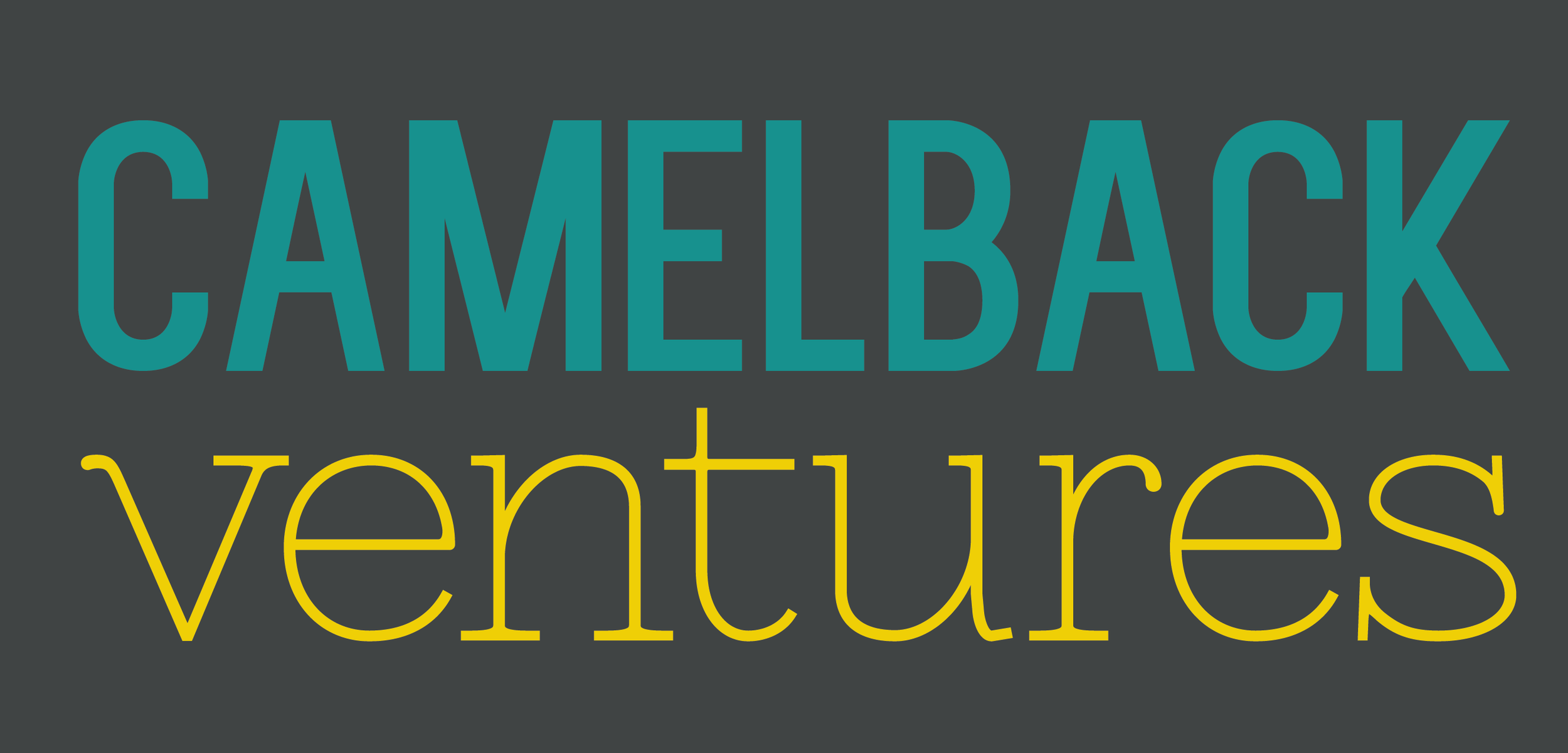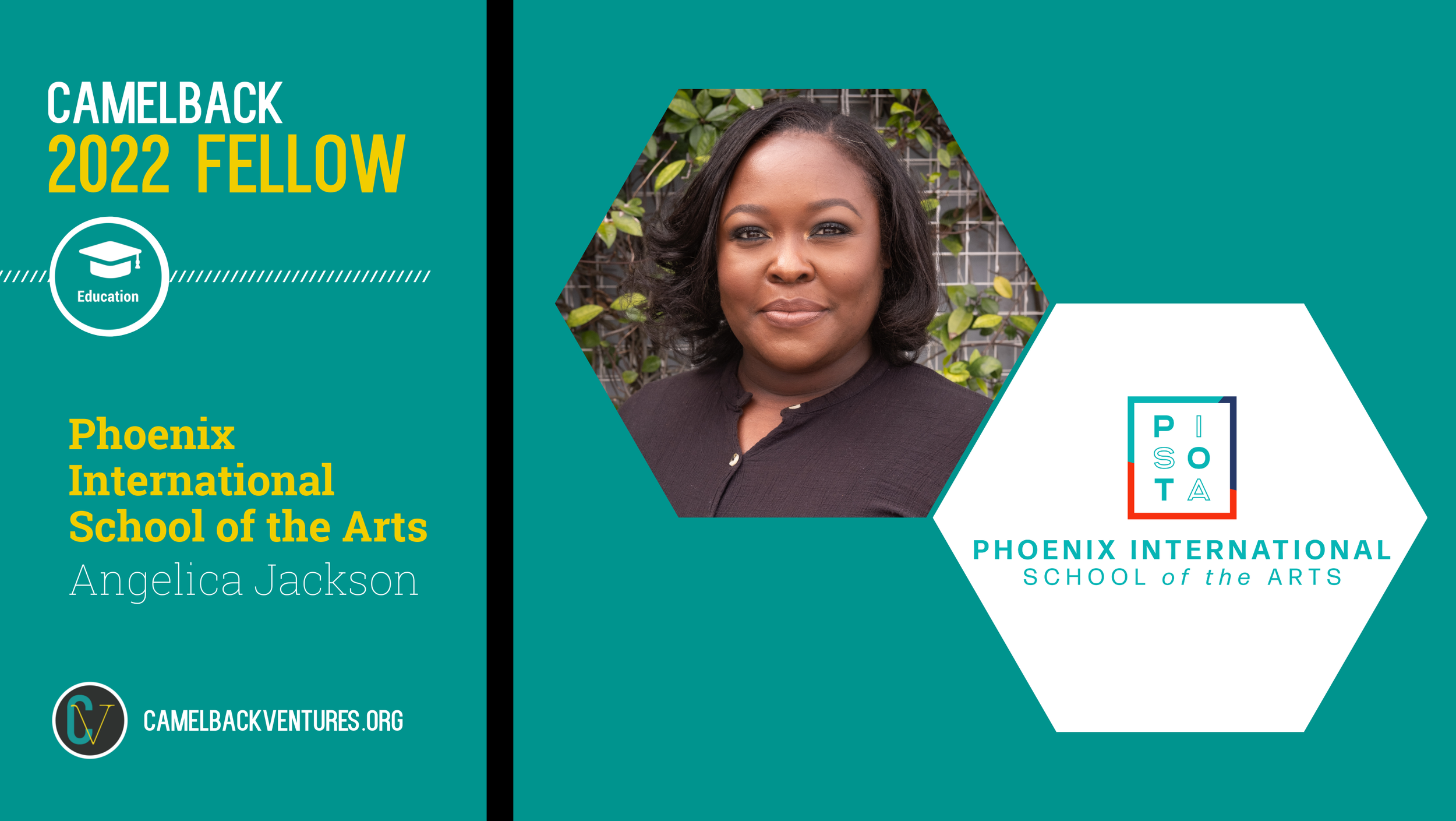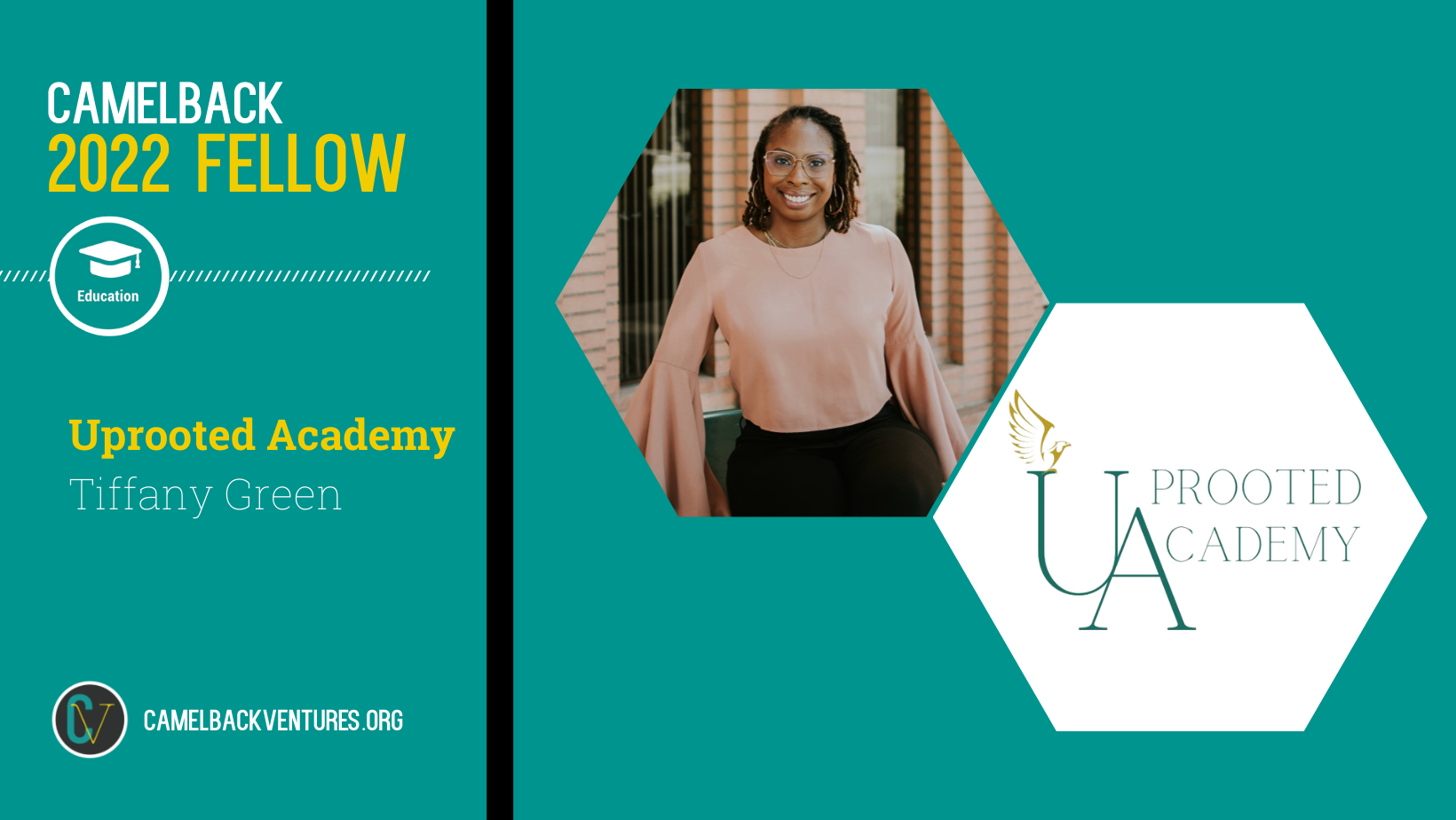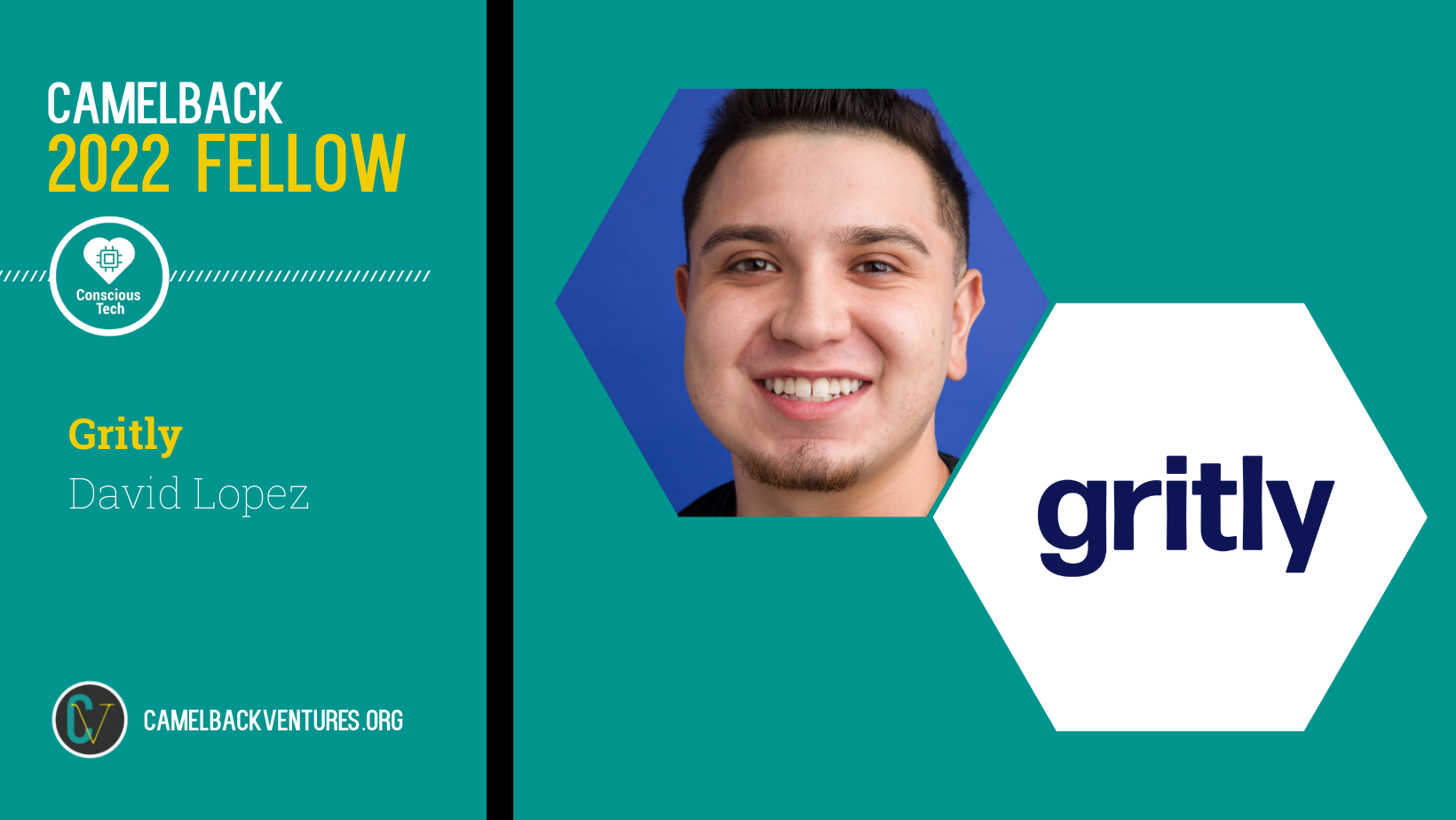"I've embraced an entrepreneurial mindset to mitigate a life of risks. I am sharing the factors I use now for early and mature founders alike -- this framework has kept me focused, sane, and committed."
Read More“I most enjoy getting to take on root causes like patriarchy, capitalism and white pathology called supremacy with the design of our school.”
Read More“I believe White funders have a place to support equity insofar as they continue their own journey and continue to build authentic relationships with a diverse group of leaders.”
Read More“I never planned to be an entrepreneur. However, taking a Social Entrepreneurship class in college offered me a blueprint on how to take the powerful educational experience I had and make it into something accessible to every girl in this world.”
Read More“I would describe myself as a systems thinker, and yet I realized that to some degree I was complicit in helping the philanthropic ‘system’ - the accumulation of financial capital, social capital, and power along race and gender lines - seek stasis and self-perpetuation. But why? I was hungry to do better.”
Read More“At Sankofa Roots, we disrupt the narrative by remembering and envisioning a decolonial past and future informed by indigenous African, Native American and Queer wisdoms, rooted in the interdependence and nurturance of all of life, interspecies and intergenerational accountability, and remediating the myth of white/male/cis/hetero/human exceptionalism.”
Read More“The social enterprises I build now, including Phoenix International School of the Arts, are meant to combat feelings of worthlessness, confinement or lack of access, and the socio-emotional influences of place, race, and ability.”
Read More“Many individual donors and foundation leaders are thinking about why they might get involved and also how to pursue racial equity in their grant-making. As a philanthropy leader and fellow traveler on this path, I am offering up some discussion questions that were helpful within my organization, and I hope they might be helpful to others as well.”
Read More“I serve the student I once was. I do it daily because no one deserves to navigate the thought of achieving a big dream without step-by-step support.”
Read More“Building DivySci is the first of many steps in my journey to cultivate a legacy that builds equitable spaces, invests resources, and elevates the narratives of black and brown women in STEM.”
Read MoreWe started the year by onboarding our first ever COO - Kelli Murray. Join us in welcoming Kelli to the #CamelbackFam and get to know more about her in this Q+A.
“I wanted to be the change that I wanted to see in the world. I LOVE interacting with our students and the ability to build solutions as we see fit for our stakeholders based on their feedback.”
Read More“The [Capital Collaborative] gave me the safe space with a group of like-minded peers to learn and gain a richer understanding of power dynamics and the meaning of equity.”
Read MoreWe are excited to welcome our 2022 Education and Conscious Tech fellows who are joining our fellowship program that supports entrepreneurs of color and women leading innovative social impact ventures. These 13 founders representing 12 ventures are tackling pressing issues across the United States including equitable access to healthcare, workforce development, college preparedness, police brutality and civil rights abuses.
“The 2021 Capital Collaborative was such a transformative experience because it hit on so many components of my life: The personal (how race has played a role in where I sit in the world today), the familial (as a board member of my family’s foundation), the professional (as the Director of Philanthropy at a wealth management firm). While I expected I would learn a lot from others, I was not prepared for the ways in which the journeys of the participants – both funders and social entrepreneurs - would lead to huge shifts in my thinking and actions.”
Read More“At my core, I'm a problem solver. I wade through complex systems to find opportunities to improve outcomes for marginalized people. I enjoy being able to be in spaces that allow us to envision a better world—and then get to work building it.”
Read More“In the aftermath of Laquan McDonald’s murder, Chicago saw a proliferation of facial recognition software, gang databases, and predictive policing tools. It was then that I made a commitment to myself to leverage my technical background in furtherance of racial justice efforts in the city I had grown to care so deeply for.”
Read More“The ability to impact youth and help them marry their passion and purpose to careers is what propelled me into the entrepreneurial space. I love being able to directly impact young people, and I love seeing where that impact takes them in terms of the amazing things they accomplish in their careers and their lives.”
Read More



















